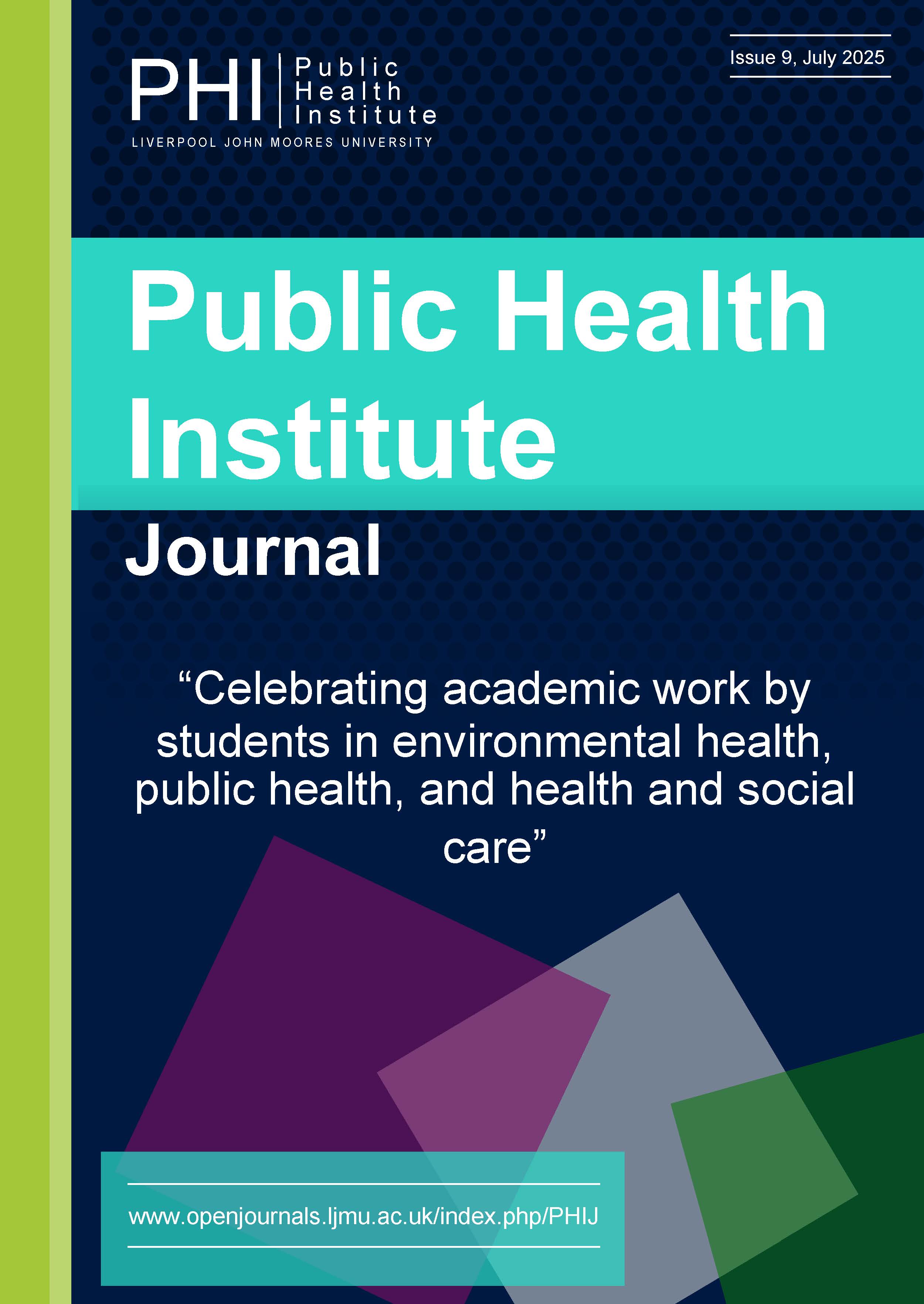Perceptions of vaccine ideology following COVID-19 (regarding AstraZeneca and Pfizer)
Health and Social Care Dissertation Prize Winner
Keywords:
AstraZeneca/Oxford, Pfizer/BioNTech, Vaccination, ADRs, COVID-19, Epidemiology, Vaccine Ideology, Vaccine HesitancyAbstract
The COVID-19 vaccination rollout to date has been a momentous and rapid response to a worldwide pandemic taking the lives of over 7 million people. Undoubtedly, the most effective method of disease transmission prevention is through immunisation and the COVID-19 vaccines have had a significant impact on protecting the public. The Medicines and Healthcare products Regulatory Agency (MHRA), working alongside Public Health England, has developed and performed clinical trials to initiate the rollout of vaccines such as AstraZeneca/Oxford and Pfizer/BioNTech to the UK public. By August 2022, it was estimated 50 million individuals had received their first dose of the vaccine. With the prominence of vaccinations over the past years, the perception of vaccination ideology has been at the forefront of individuals’ lives, with the media and organisations presenting conflicting opinions. With this, vaccine hesitancy and the spread of misinformation have become contending factors in the prevention of vaccination rollout, therefore sparking an uproar of mistrust in the UK government and healthcare organisations. This study aims to explore these issues further by understanding personal experiences in relation to AstraZeneca and Pfizer and potential Adverse Drug Reactions (ADRs), further exploring individuals’ perceptions related to vaccine ideology. A sample of 100 participants were recruited via snowball sampling to complete an online questionnaire to provide quantitative results, with partial qualitative data to allow for interpretation of their attitudes linked to the COVID-19 pandemic and vaccines. Although current epidemiology acknowledges potential minor side effects of the vaccine, as well as rarer more significant effects, this undergraduate study explores the more extreme ADRs experienced by participants, especially the experiences of individuals who were part of a vaccine damage forum, and the effect this has had on their perceptions of vaccine ideology and hesitancy. Results emphasised the overall mistrust individuals feel towards the UK government and NHS and the need to control the spread of misinformation and conspiracies spread via the media in order to suppress levels of vaccine hesitancy amongst the UK population.
Published
Issue
Section
License
Copyright (c) 2025 Bethany Nye

This work is licensed under a Creative Commons Attribution 4.0 International License.
Authors retain copyright and grant the journal right of first publication with the work simultaneously licensed under a Creative Commons Attribution License that allows others to share the work with an acknowledgement of the work's authorship and initial publication in this journal.


